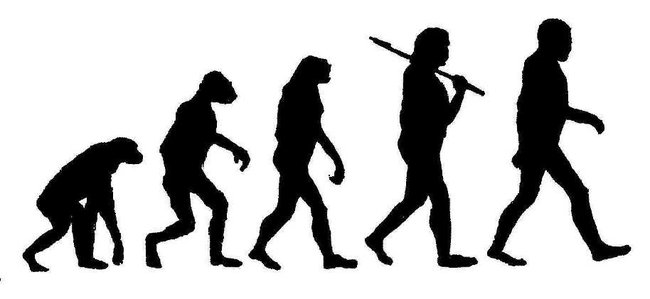This page is a permanent link to the reply below and its nested replies. See all post replies »
ElwoodBlues · M
Yes, scientific theories and models get overthrown on a fairly regular basis. This was well documented in a book by Thomas Kuhn called 'The Structure of Scientific Revolutions' that introduced the notion of paradigm shift.
However, many scientific revolutions turn out to be further enhancements and improvements to the theories they overturn. For example, when Einstein's relativity supplanted Newton's theories of space time and gravity, the changes in predictions turned out to be minuscule for most of the experiments that could be done at the time.
So, with that in mind, I'll link you to an effect which isn't included in Darwin's evolution. It alters evolution and improves it. It's called epigenetic modification. It's a little complicated so I'll just give you a paragraph with link.
However, many scientific revolutions turn out to be further enhancements and improvements to the theories they overturn. For example, when Einstein's relativity supplanted Newton's theories of space time and gravity, the changes in predictions turned out to be minuscule for most of the experiments that could be done at the time.
So, with that in mind, I'll link you to an effect which isn't included in Darwin's evolution. It alters evolution and improves it. It's called epigenetic modification. It's a little complicated so I'll just give you a paragraph with link.
Epigenetic modification is a kind of genetic regulation mode that does not change the DNA sequence, and affects the transcription activity of genes by regulating the advanced structure or chemical modification of chromatin. For example, DNA methylation usually leads to gene silencing, while histone acetylation promotes gene transcription. These modifications can be inherited and passed on to future generations, thus playing an important role in cell differentiation and development.
https://www.cd-genomics.com/blog/epigenetic-modification-types-applications-diseases-development/@ElwoodBlues
Yeah it's almost lamarckian evolution which was wrong but kind of right in the broad concept?
Yeah it's almost lamarckian evolution which was wrong but kind of right in the broad concept?
ElwoodBlues · M
@Pikachu Yes, it is a little bit Lamarckian, especially in the way environment can sometimes alter traits in the next generation or two. However, epigenetic changes only last a few generations, and can only affect the expression of existing genes.






